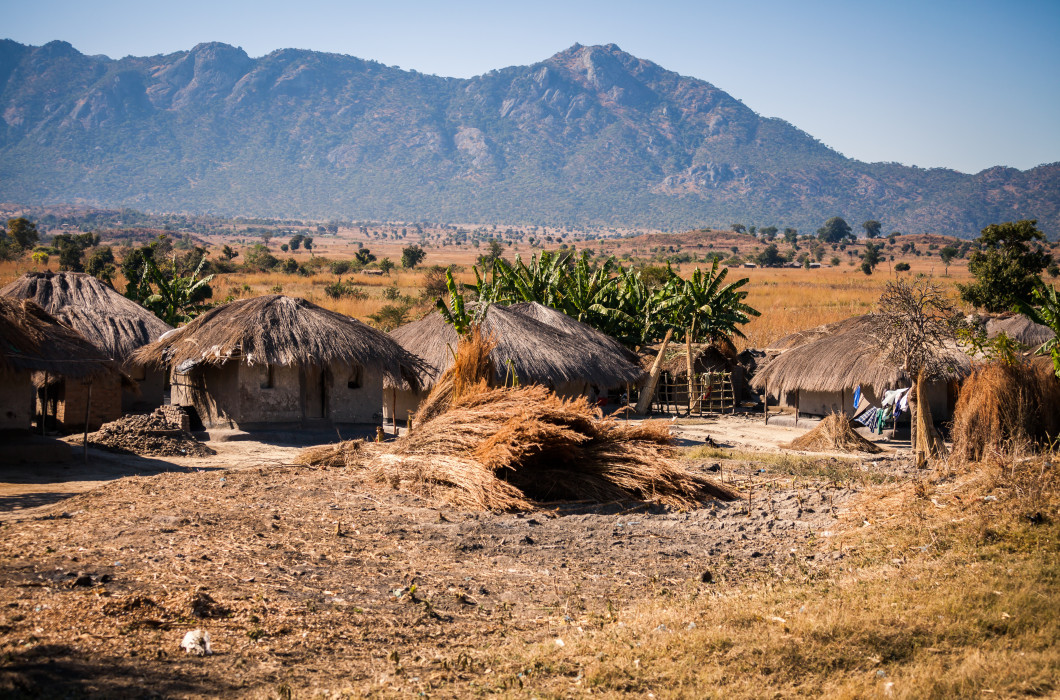client
REEEP Renewable Energy and Energy Efficiency Partnership
project description
As part of the World Bank-funded Lesotho Water Sector Improvement Project, WASCO mandated Econoler in 2008 to conduct a series of preliminary and detailed energy audits in order to identify cost-effective energy-saving opportunities in its water and wastewater treatment facilities. These audits served as the basis to establish a program for energy management in these facilities.
In the second phase of this project, REEEP mandated Econoler in mid-2009 to develop a national initiative for reducing energy consumption in Lesotho’s water and wastewater utilities. More specifically, Econoler helped increase energy savings in Lesotho through better management of water treatment plant equipment and through implementing an awareness program for water consumers that focused on waste reduction in water usage.
highlights
Econoler carried out the following activities in Phase I of the project:
- Carried out a series of preliminary (walk-through) energy audits to collect data and identify the most promising energy-saving opportunities among WASCO’s water and wastewater facilities.
- Developed an energy management program.
- Conducted a final mission in Lesotho to present the project outputs and train key personnel on working with energy management systems.
- Analyzed the barriers to improving EE in water and wastewater treatment plants and reducing water consumption at the end-user level.
- Developed an EE management plan tailored to the needs of the WASCO facilities.
- Developed a scaled-up initiative by drafting a request for proposals for implementing more EE investments to introduce the use of ESCO financing schemes.
- Designed measurement and verification protocols for water and energy savings generated by pilot projects in compliance with the IPMVP protocol.
- Held a best-practice workshop for governmental institutions and private sector representatives to help expand the use of the approach developed to other public and private facilities in the country.
- The implementation of both project phases resulted in significant reductions in energy consumption, peak demand, water wastage and carbon emissions for the WASCO, as well as in better management of their water and wastewater pumping and treatment costs.



